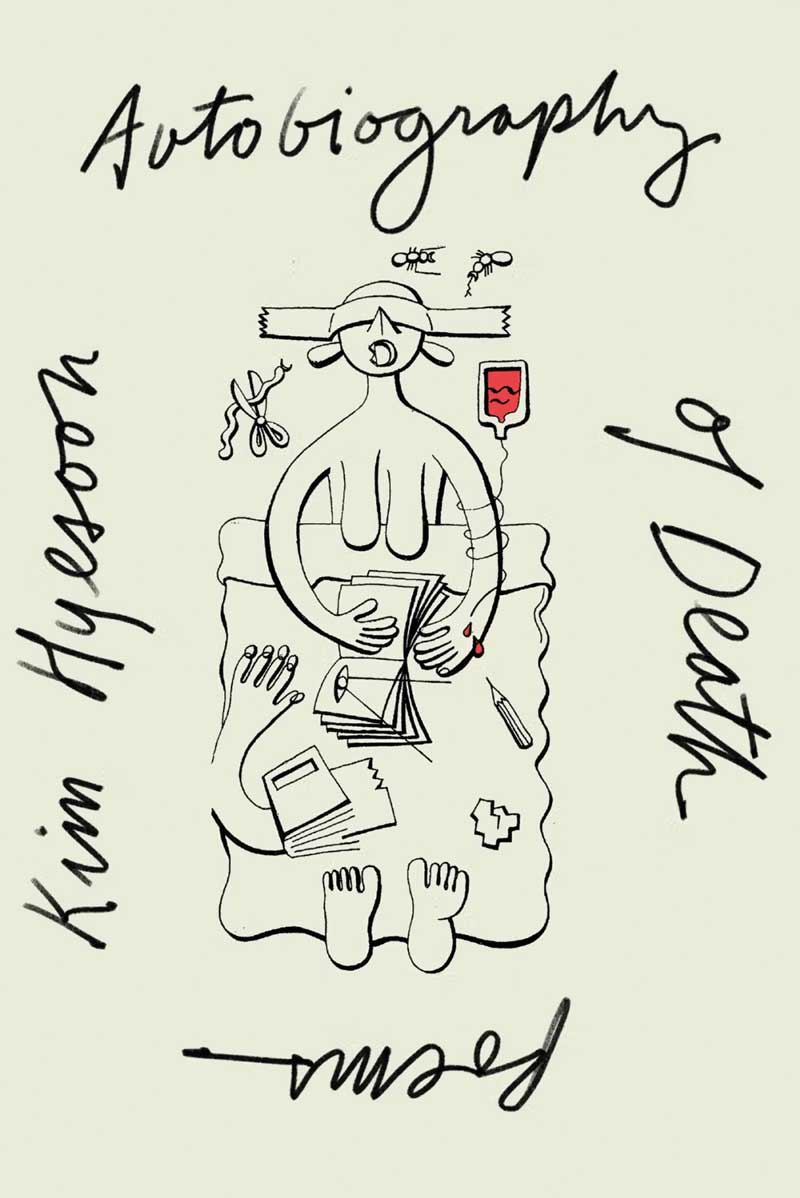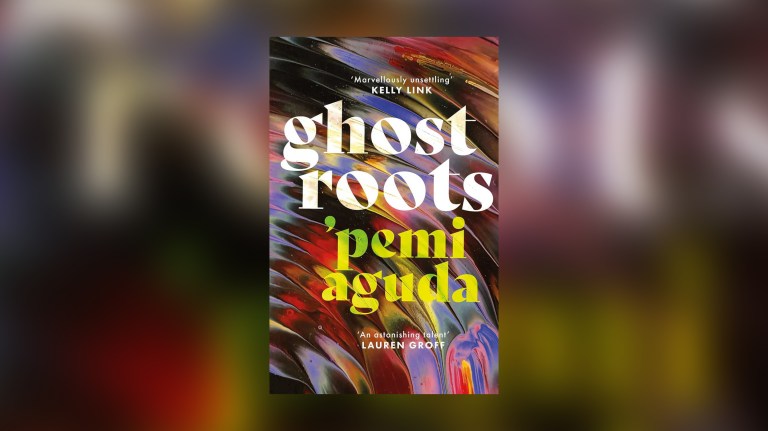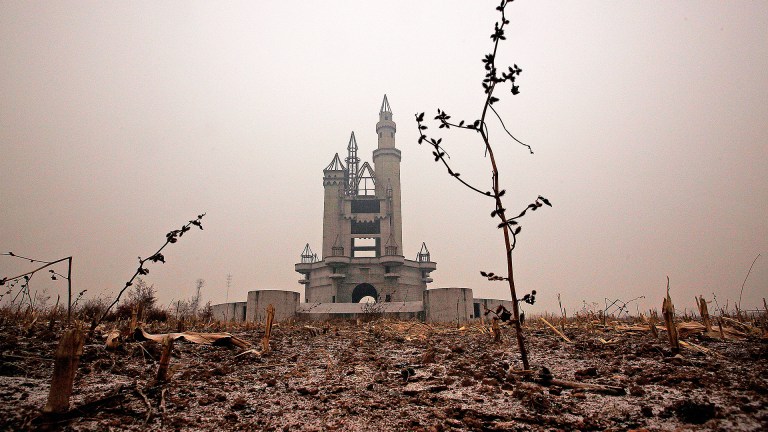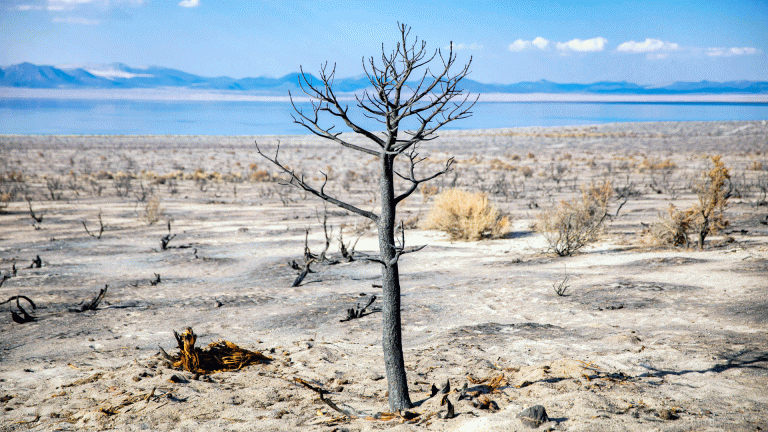Kim Hyesoon’s Autobiography of Death is a prize-winning work of poetry that is defiant with life and death in equal brilliance. Kim wrote the titular series of 49 poems to honour and grieve the many wrongful deaths of people in South Korea – from those killed in recent dictatorships, to those slaughtered by neoliberal and neocolonial states, to the children who perished in the 2014 Sewol ferry disaster.
Each poem signifies an individual day, wherein the spirit of the dead wanders the face of the earth, before joining the cycle of reincarnation.
But this poetry sing through myriad voices. They remember the people dying, moving, breathing, and the survivors, who, though alive, endure within ‘the structure of death, that we remain living in’, situated within a legacy of occupation, censorship and atrocity. Kim’s poems are often fly-falling, floating skyward, then plummeting into the deepest crevices of human existence.
Read more:
- This pharmacy prescribes words and poems to cure your tattered soul
- Poet Lemn Sissay: ‘I am my biggest failure and I am my biggest success’
- How Dante’s grudges, gossip and pettiness still inspire hundreds of years on
These poems peek into kitchens, tumble over hills, mountains and the moon, step across straits and oceans, into kitchens, and even the consciousness of dolls. They mourn alongside a community of mothers, stomaching the chewed meat of loss. Kim’s poetic gaze roves endlessly over this broad world, defying borders and military suppression.
Don Mee Choi’s blazing, beautiful translation yields such possibilities. The closing interview between author and translator offers profound insight into their collaborative discussions, as they bring poetry alive through two languages – both their hands holding pens in tandem, scribing time, desire and death. Kim’s spectacular collection holds both grief’s dislocation and the pulsing promise of resistance.












